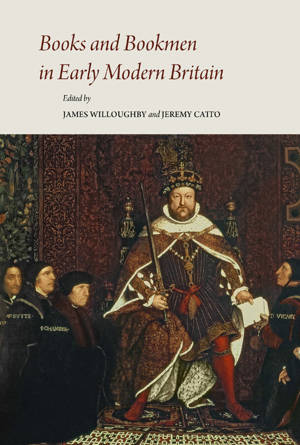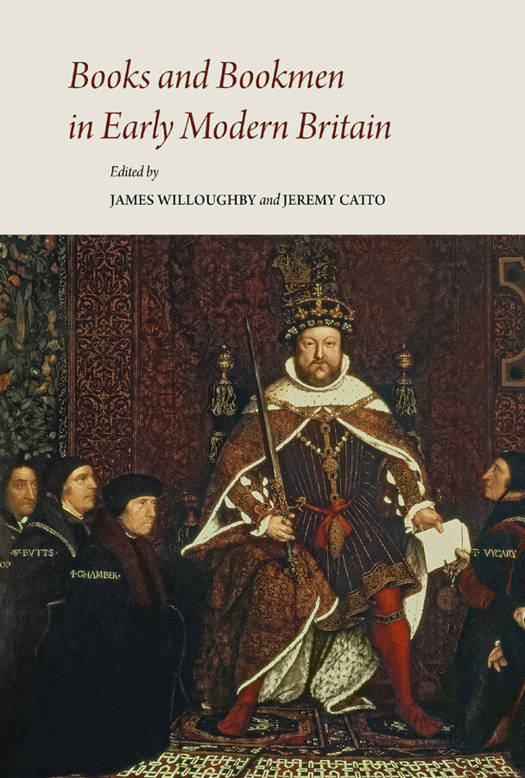
- Retrait gratuit dans votre magasin Club
- 7.000.000 titres dans notre catalogue
- Payer en toute sécurité
- Toujours un magasin près de chez vous
- Retrait gratuit dans votre magasin Club
- 7.000.0000 titres dans notre catalogue
- Payer en toute sécurité
- Toujours un magasin près de chez vous
Description
This gathering of eighteen essays explores a period in Britain when the world of letters was brought under harness by the political centre as it had never been before or has been since. The importance of royal patronage for authors and printers alike is the subject of several of these studies; others are concerned with the dangers of unorthodox reading in Tudor England. The break-up of monastic libraries is another theme, as witnessed not only in England but also by observers in the Low Countries and Italy. Also included are studies on the post-dissolution movement of medieval books into the universities and into royal and aristocratic collections, aspects of female reading, verse composition, and the act and art of writing by hand, with some editions of hitherto unprinted texts.
Gathered from different corners of the field of book history, these studies share the common aim of honouring the contribution of James P. Carley. While known chiefly for his work on Tudor bibliographers, on the survival of medieval books in post-dissolution England and the foundation of the royal library, his interests extend to include monastic history and the Arthurian tradition. In all his work he has shown how close readings in the history of the book can open a window on an entire landscape and provide answers where other modes of historical enquiry fall short. These essays seek to honour his achievement by offering close readings of their own.
Spécifications
Parties prenantes
- Auteur(s) :
- Editeur:
Contenu
- Nombre de pages :
- 476
- Langue:
- Anglais
- Collection :
- Tome:
- n° 30
Caractéristiques
- EAN:
- 9780888448309
- Date de parution :
- 09-10-18
- Format:
- Livre relié
- Format numérique:
- Genaaid
- Dimensions :
- 163 mm x 236 mm
- Poids :
- 929 g

Les avis
Nous publions uniquement les avis qui respectent les conditions requises. Consultez nos conditions pour les avis.






